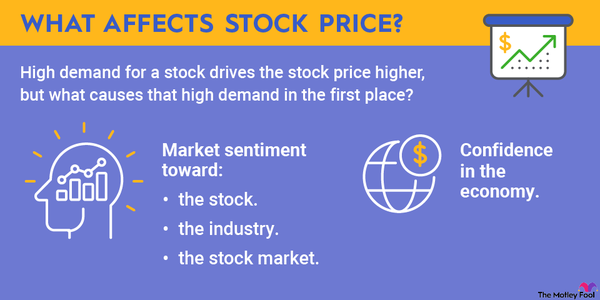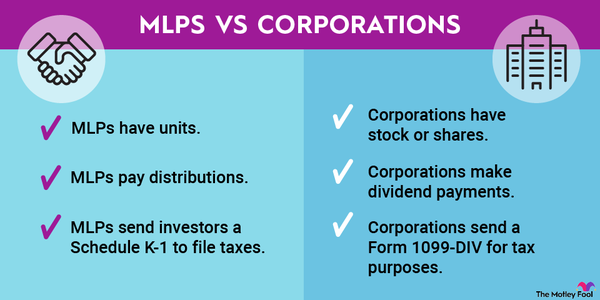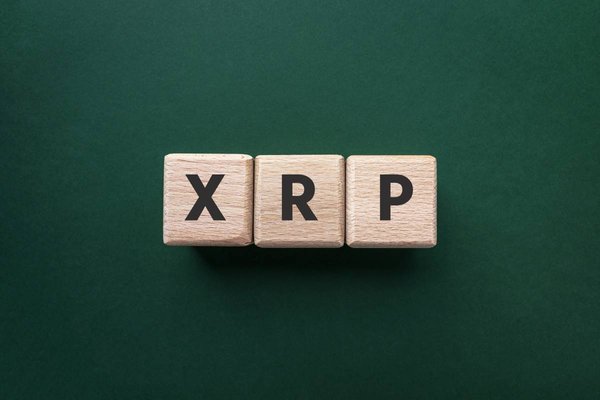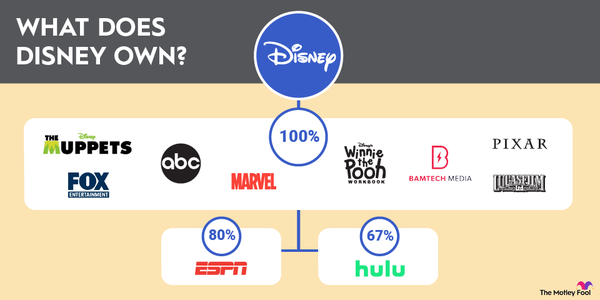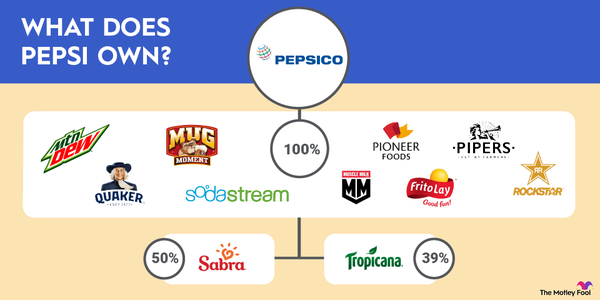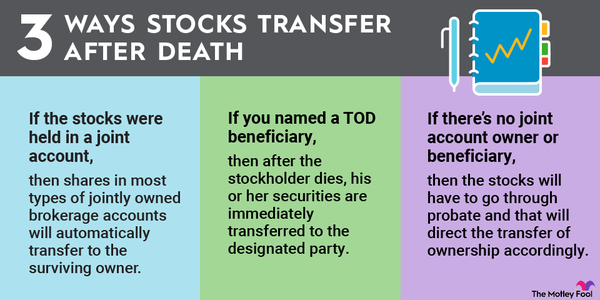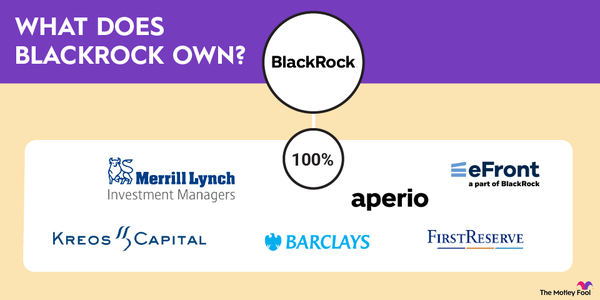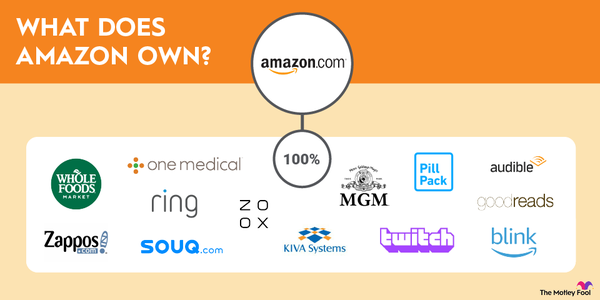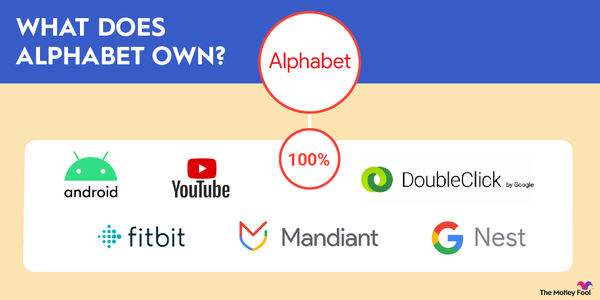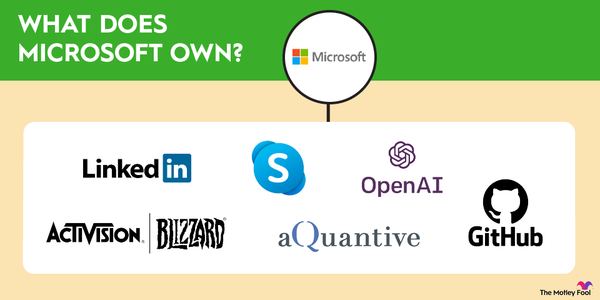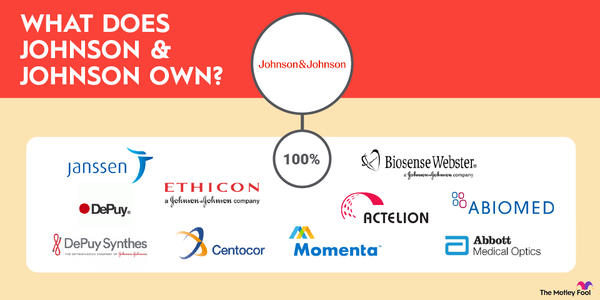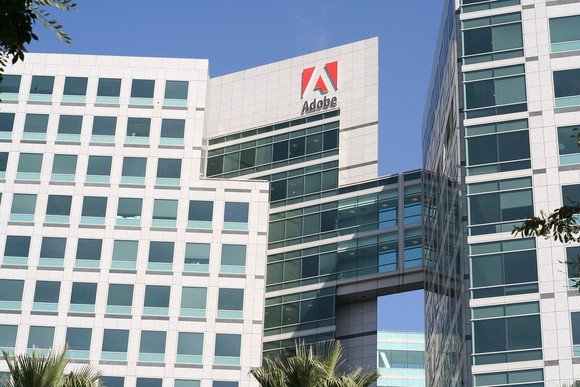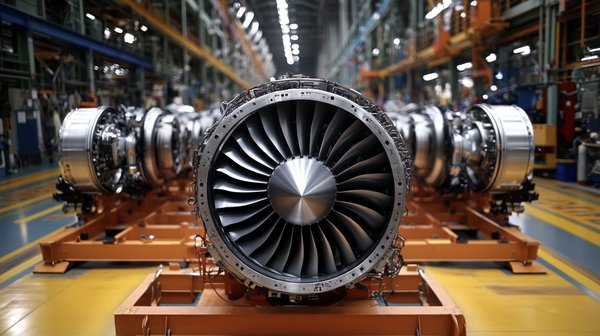Dell Technologies (DELL 3.4%) is known for its personal computers, servers, software, data storage, and other services used by individuals and enterprises around the world. The company was founded in 1984 by 19-year-old Michael Dell, who was a pre-med student at the University of Texas. With just $1,000, he launched the business, which was then called PC's Limited.
Michael Dell wanted to disrupt the personal computer industry, which was still in its relatively nascent stages at that time. Much of PC computer usage revolved around professional and business use cases. Although customers could go to a store and buy computers by the mid-1980s, and these systems were becoming more affordable, the options were confusing, and various platforms and components tended to be highly incompatible with each other.
Dell originally started selling computers from stock pieces that were compatible with the market leader at the time, the IBM (IBM -0.25%) PC. By using stock components and selling directly to consumers, Dell could save significant time and money while rapidly scaling the business. Dell took the company public in 1998, when the company was growing at around 80% per year. It began selling computers online in 1998, near the height of the dot-com boom.
While Dell stock performed well the first decade as a publicly-traded company, its fortunes dropped significantly between 2000 and 2013. The company went private in 2013 through a $24.9 billion leveraged buyout led by Michael Dell and global private equity firm Silver Lake Partners. The company went public again in 2018 through a complicated series of maneuvers that involved purchasing outstanding shares of a software subsidiary.
It's been a wild ride for Dell and its shareholders through the years, but the company has continued to expand in competitive sectors while leveraging the power of its industry leadership. If you're interested in buying shares of Dell stock, here's what you need to know about how to invest in the stock, if the company is profitable, whether it pays a dividend, and more.
How to buy
How to buy Dell stock
Because Dell is a publicly traded company, any investor with a brokerage account can buy shares of the company. You can buy fractional or whole shares of Dell, depending on the level of exposure you want to the stock, or you can invest in a fund that holds shares of the company like an exchange-traded fund (ETF).
Step 1: Open a brokerage account
If you don't have a brokerage account, you'll need to open one before you buy shares of Dell. Opening a brokerage account takes just minutes. Once you have opened an account, you can deposit money to fund stock purchases.
Step 2: Figure out your budget
The right budget to set for investing in Dell stock will be very personal to you, as will your current financial situation and your long-term investing goals. You should make sure you diversify your investment cash across a wide range of stocks, preferably companies from multiple industries and sectors.
By ensuring your portfolio is properly diversified, you won't be overly exposed to a particular stock or sector but can enjoy the varying growth profiles that each investment presents. You should never invest money that you think you'll need in the near future for bills or other financial obligations. Your budget should be cash that you can leave in your portfolio for several years at least.
Stock
Step 3: Do your research
Research is an important part of the process of buying Dell stock or any other company for that matter. You want to understand the industry the company operates in, as well as the business. Evaluating the company's products and/or services, its financials, and the way its business model works will help you understand how the enterprise generates revenue and profits. You should ensure that you have a solid investment thesis for any stock you buy.
Dell operates in a competitive space with other big players, but it has also has a significant market share in various segments of its industry. Understanding how the company is competing in the space, its underlying growth drivers, and the direction management wants to take the company can help you better understand whether Dell stock is the right fit for your portfolio.
Step 4: Place an order
Finally, if you're ready to buy Dell stock, you'll need to place an order in your brokerage account. Every platform's interface looks a little different, but the process is virtually the same across the board. The screenshot below shows how to buy Dell stock through brokerage firm Robinhood (HOOD 3.76%).
You'll need to search for the ticker symbol DELL in your brokerage account, select the type of trade you want to perform, and whether yours is a market order or limit order. If you place a market order, you will pay whatever price that Dell stock is trading at that moment in time.
In the case of a limit order, you set the top price that you are willing to pay for Dell stock. You can also generally choose how long you want the limit order to remain in place (e.g., 30 days) or whether the limit order will remain in place until the transaction is completed. With a limit order, it's important to understand that it may take time before the stock hits your chosen price point, and it may not hit that point at all.
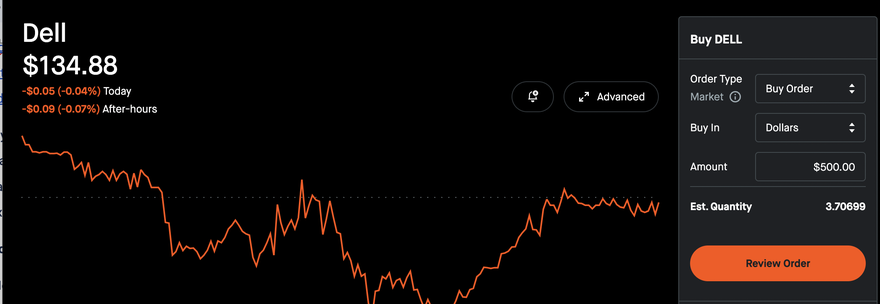
Should I invest?
Should I invest in Dell?
Whether you should invest in Dell stock or not will depend on your investing style, risk tolerance, and the kind of stock you're looking for. Dell has the qualities of both a growth stock and a dividend stock, so for investors who have a healthy appetite for risk but want to invest in an established business that also lends consistent portfolio income, this could be a compelling choice.
Dell divides its business into two primary reporting segments. Its Infrastructure Solutions Group features extensive server, storage, and networking solutions that are compatible with artificial intelligence, machine learning, and cloud computing infrastructure. Its Client Solutions Group features a variety of the hardware products it's known for, including workstations, desktops, and notebooks.
Of Dell's total consolidated net revenue of $88.4 billion in the company's fiscal 2024, approximately $34 billion came from its Infrastructure Solutions Group and $49 billion from its Client Solutions Group. Those figures are impressive, although the overall net revenue figure represented a 14% decrease from the company's fiscal 2023 results. Even so, Dell delivered almost $9 billion in cash flow from operations in the 12-month period.
The company is investing heavily in AI solutions that are already significantly disrupting the server and PC spaces. The company's capital investments in AI-driven servers and PCs are increasing sales, but the cost of delivering these units are weighing on margins and profits for now. For the company to build and maintain a competitive edge in the AI landscape, a period of transition will be required.
Sales of AI-driven servers are already taking off. The company reported a backlog of almost $4 billion from customers, and orders had increased 100% as of the early part of the company's fiscal 2025. That's a good sign that demand for its new and improved servers is taking off.
Dell has to change with the times, and AI is a notable part of the future of the technology space, including in core areas like PCs and servers. The company currently controls a 17% share of the global PC space while maintaining the No. 1 position in the global server market.
Profitability
Is Dell profitable?
Dell stock is profitable. The company reported net income of $3.2 billion in the company's fiscal 2024, a 32% increase from the previous prior year. Operating income totaled $5.2 billion in fiscal 2024, down 10% year over year.
Dividends
Does Dell pay a dividend?
Dell stock pays a dividend. The company does not have as lengthy a dividend history as some other tech stocks, partially due to its having gone from a publicly traded company to a private enterprise, then public again. Dell paid its first-ever quarterly cash dividend to shareholders in October 2012 at $0.08 per common share.
The company went private in October 2013, shortly after Dell paid out its final quarterly cash dividend of $0.08. As part of the merger agreement by which founder and CEO Michael Dell and Silver Lake Partners took Dell private, the company also paid out a special dividend of $0.13 per share in November 2013, plus $13.75 per share of common stock to shareholders.
When Dell returned to the public markets in 2018, it was a few years before it started paying a dividend to shareholders again. The company's board approved a dividend policy in February 2022 and began paying quarterly cash dividends again in April 2022.
Dell has maintained and steadily raised its dividend since then. In the company's fiscal 2024 earnings report, management announced a 20% increase to its annual cash dividend. From the first quarter of the company's fiscal 2023 through the end of its fiscal 2024, the company returned $7 billion to shareholders. Dell returned $1.1 billion to shareholders through share repurchases and dividends in the first quarter of the company’s fiscal 2025 alone.
Related investing topics
ETFs with exposure
ETFs with exposure to Dell
If you don't want to buy whole shares of Dell, there are other ways to gain exposure to the business without purchasing the stock directly. A great option for some investors is to buy an ETF. An ETF allows you to diversify your investment capital across multiple stocks with the purchase of a single fund.
Many ETFs track or aim to perform in line with a particular index. By investing in an ETF that contains shares of Dell, you can become part owner in this tech company, along with other companies that align with your investment goals and risk tolerance level.
Several ETFs that contain shares of Dell stock include the Vanguard Total Stock Market Index Fund (VTSAX 1.11%), the Vanguard Extended Market Index Fund (VEXAX 1.25%), the ACAP Strategic Fund (XCAPX 0.21%) , and the Capital World Growth and Income Fund (CWGIX 0.54%). Other ETFs that include exposure to Dell stock include the John Hancock Mutual Funds Disciplined Value Fund (JVLAX -10.28%) and the Fidelity Extended Market Index Fund (FSMAX 0.78%).
Stock splits
Will Dell stock split?
Dell has executed multiple stock splits throughout its company history. These include the following:
| April 10, 1992 | 3-for-2 |
| Oct. 30, 1995 | 2-for-1 |
| Dec. 9, 1996 | 2-for-1 |
| July 28, 1997 | 2-for-1 |
| March 9, 1998 | 2-for-1 |
| Sept. 8, 1998 | 2-for-1 |
| March 8, 1999 | 2-for-1 |
| Dec. 28, 2018 | 1,806-for-1,000 |
| Nov. 2, 2021 | 1,973-for-1,000 |
The bottom line on Dell
Any investor looking at Dell as a potential buy will have to decide whether the stock aligns with their overall goals and portfolio objectives. While Dell's investments in AI-driven servers, PCs, and other key product elements are currently weighing on the business's growth, these strategies are vital for the company to remain competitive.
As a market leader in the server and PC space, there's a lot of room for Dell still to run here. Its AI server sales and backlog, as well as the continued strength of its core businesses, are still driving strong cash flow and profitability, even if growth has slowed recently.
Although Dell may not be the right fit for every portfolio, its market leadership, robust earnings, and overall strength of its financials are all green flags for the tech stock. Growth-oriented investors may want to join along for the ride.
FAQs
Investing in Dell FAQ
Is Dell a good stock to buy?
Dell stock could be an excellent choice for some investors. Over the trailing five-year period, the stock has delivered a total return of more than 450%, significantly outpacing the performance of the S&P 500 during that same time frame. Past performance is no guarantee of future returns, but if Dell continues to grow profitability, investors can be rewarded in the process.
How can I buy shares in Dell?
Buying shares of Dell is easy. You'll need to open and fund your brokerage account, then fill out your order page. The steps of buying Dell stock should be relatively similar no matter what brokerage you choose. You'll want to search for the ticker symbol DELL, then select the number of whole or fractional shares you want to buy. You can select a limit order or market order, but a market order allows you to buy shares at the current trading price.
Is Dell listed on NYSE?
Yes, it is listed on the New York Stock Exchange. The company was previously listed on the NYSE from 1988 to 2013, went private in 2013, then became publicly traded again in 2018.
What is the stock ticker for Dell?
The stock ticker for Dell is DELL.
Rachel Warren has no position in any of the stocks mentioned. The Motley Fool has positions in and recommends Vanguard Index Funds - Vanguard Total Stock Market ETF. The Motley Fool recommends International Business Machines. The Motley Fool has a disclosure policy.



































